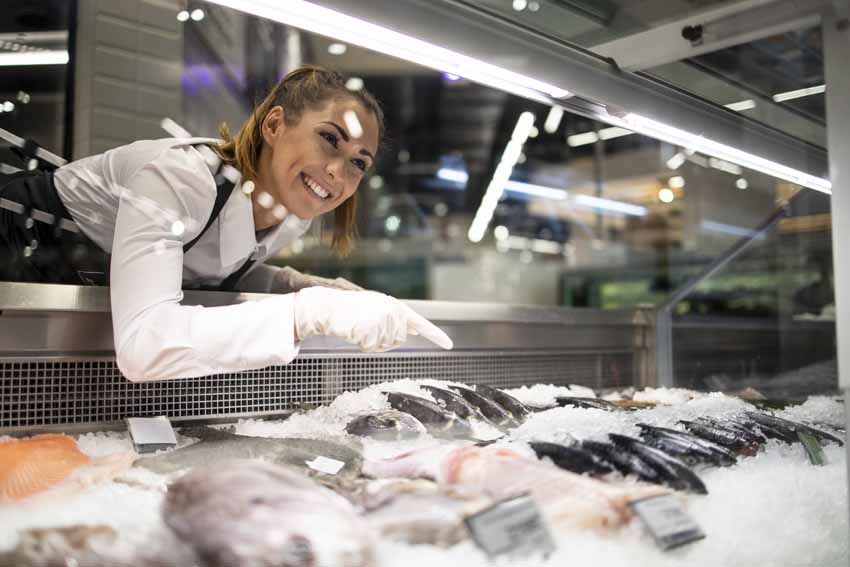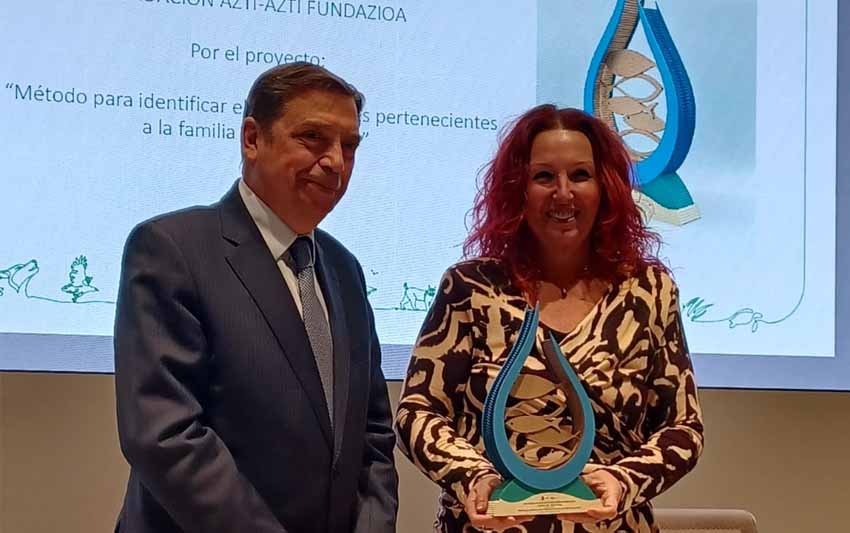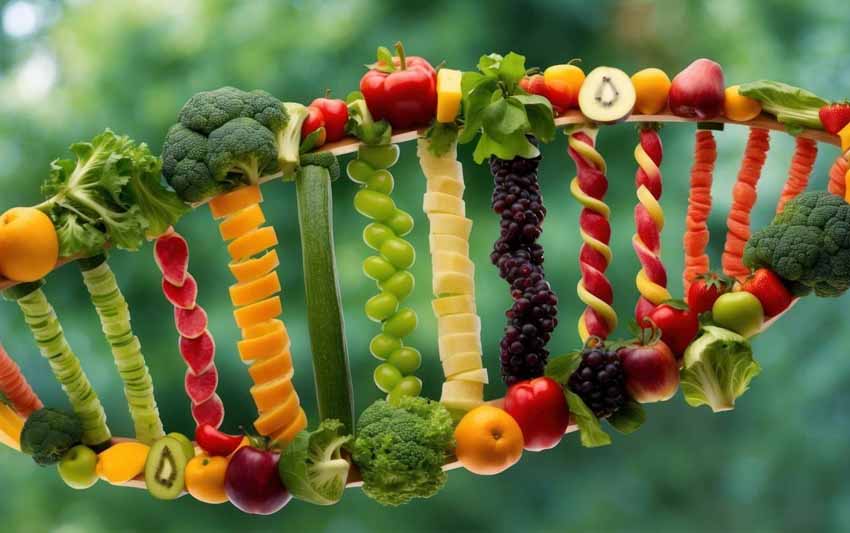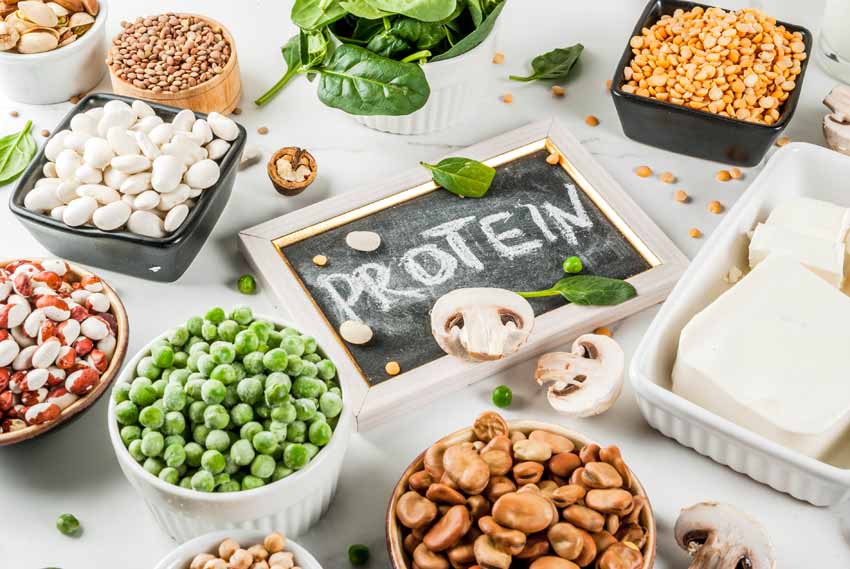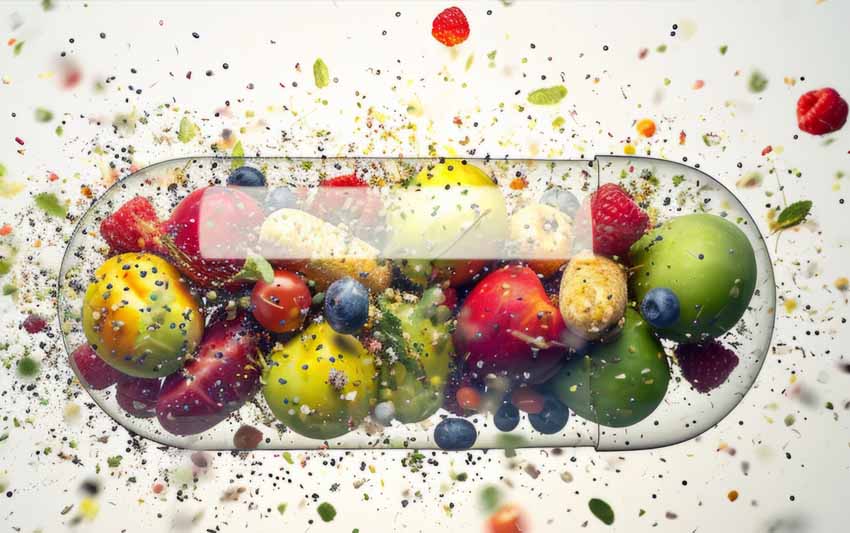SDG 12: RESPONSIBLE PRODUCTION AND CONSUMPTION
Últimas noticias
A pioneering genetic catalogue reveals hidden biodiversity in Basque estuary sediments
Uhinak Technical Committee Sets the Key Points for the 7th International Congress on Climate Change and the Coast
“We fishermen are the ones who earn the least”
At AZTI we promote the innovative power of companies, designing socially, economically and environmentally sustainable solutions that motivate and inspire society to live more responsibly, which translates into greater sustainability and an increase in general well-being.
Some of our actions in the last year to respond to this challenge:
Índice de contenidos
12.3 and 12.5 Reducing food waste and boosting the circular economy
- We have worked on the valorisation of by-products of the food industry. Among other results:
- In one year EROSKI has reduced the environmental impact of its packaging by 43 tonnes of CO2 with the support of a computer tool (eco-environmental software) developed in collaboration with AZTI.
- We have managed to reuse (to feed sheep) over 80% of the whey generated by the cheese factories in the Basque Country. Preventing whey from being treated as waste and becoming part of the food chain is a new business opportunity for the cheese and food production sector. We have calculated that with the implementation of the measures planned with this initiative, around 500 tonnes of CO2 will no longer be emitted into the atmosphere, which will improve environmental sustainability and the image of the cheese sector. It will also help to comply with current legislation on waste and by-products and create new jobs.
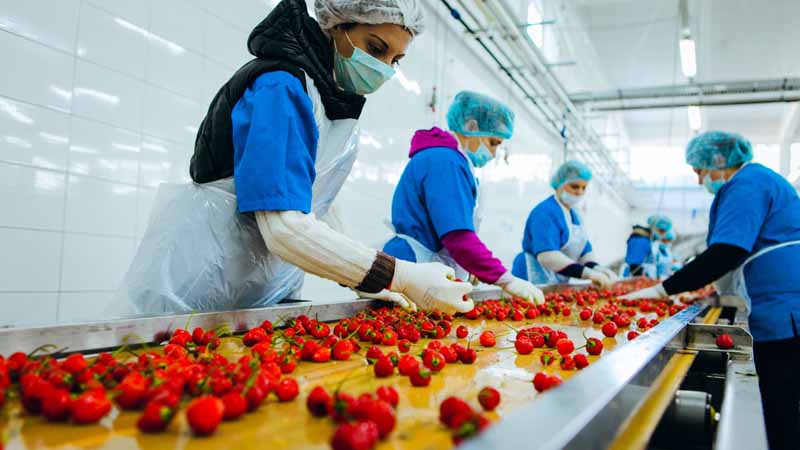
12.6 Boosting sustainability in the industry
- In collaboration with EROSKI, we have developed an advanced system for calculating, reporting and verifying the environmental footprint of food products in the Basque Country. Furthermore, this initiative has sought to promote responsible behaviour by consumers and suppliers through product environmental information guides.
- A través de la implantación de planes de producción limpia, estudios de eficiencia hídrica, minimización de vertidos en origen u optimización del tratamiento de vertidos a final de tubo, hemos logrado, por ejemplo, reducir el consumo de agua en un 45% y la generación del residuo en un 35% gracias a la integración de los vertidos de las industrias conserveras del País Vasco en la red de saneamiento urbana, mejorando la sostenibilidad del sector.
- Through the implementation of clean production plans, water efficiency studies, minimisation of discharges at source or optimisation of end-of-pipe discharge treatment, we have managed, for example, to reduce water consumption by 45% and waste generation by 35% thanks to the integration of discharges from the Basque Country’s canning industries into the urban sanitation network, improving the sustainability of the sector.
- We have validated a system for evaluating the sustainability of local food products that allows us to highlight the benefits of local raw materials for the design of more sustainable menus in the community sector.
